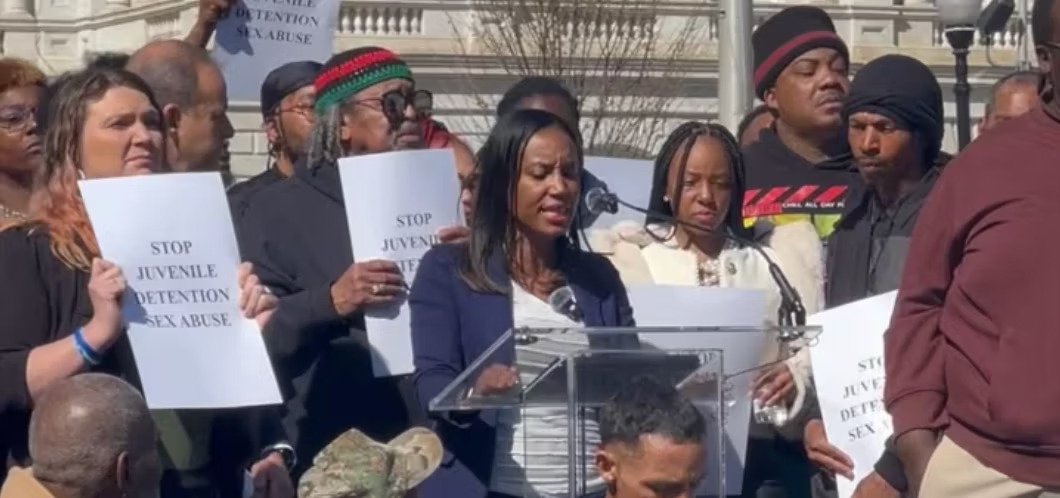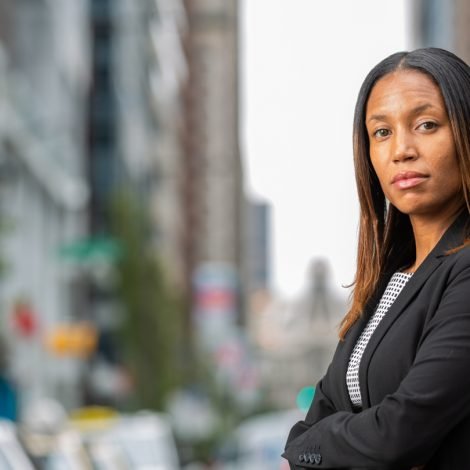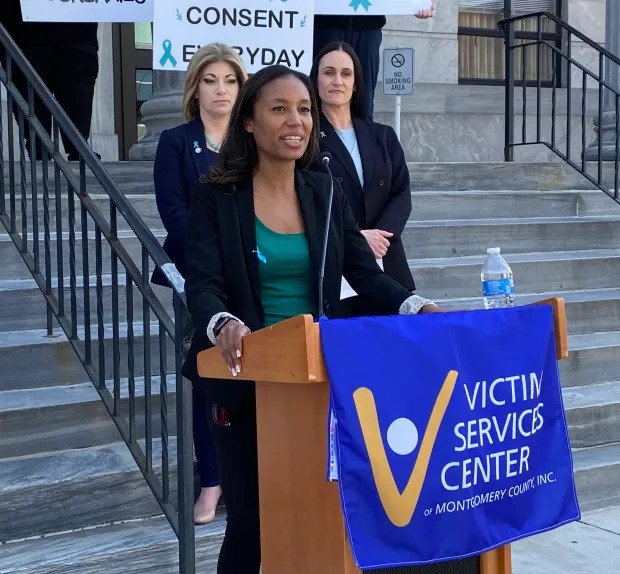It wasn't just you. It was never just you.
The silence can make it feel like you’re the only one. The numbers prove you are not.
In your classes, look around.
More than 1 in 4 of the women and 1 in 15 of the men have experienced sexual assault.
It's not an isolated incident. It's a pattern.
1 in every 8 students on campus is a survivor.
That feeling of being watched? You weren't imagining it.
Nearly 1 in 16 students is a victim of stalking.
This isn't just a "college problem." It's an epidemic affecting young adults everywhere.
You are not a statistic.
You are a Survivor.
And you are not alone.
“No case too small.
No Defendant too big.
Justice is for everyone.”
The
Prosecutor who
Stared Down Cosby
Stands
with Survivors
Of Campus Sexual Abuse
Confidential & Secure Intake Form
Your privacy is our priority. Let's see how we can help.
Thank You For Your Courage in Reaching Out
Based on your response, it appears the situation you described involves a private individual, not acting on behalf of an organization. Our law firm's practice is uniquely focused on holding institutions—such as schools, hospitals, and corporations—legally accountable when their negligence leads to abuse. Suing individuals directly often does not lead to satisfactory civil outcomes for survivors, as individuals may lack the assets or insurance to provide meaningful compensation.
Because your case falls outside our specific focus, we would not be the right legal team to help you achieve justice. However, it is vital you get the support and guidance you deserve. We strongly encourage you to connect with the following resources:
National Sexual Assault Hotline: For immediate, confidential support, please call (800) 656-4673. This service is available 24/7.
American Bar Association - Find Legal Help: To find a lawyer who specializes in cases against individuals, please visit FindLegalHelp.org.
We wish you the very best in your pursuit of justice and healing.
Thank You For Your Information
Thank you for clarifying. It is important to understand the legal distinctions between workplace sexual harassment and sexual assault, as they are governed by different laws. Our firm's practice is concentrated on civil cases of physical sexual assault and abuse.
For matters concerning workplace harassment, hostile work environments, or discrimination, we suggest consulting with a dedicated employment law attorney or contacting the U.S. Equal Employment Opportunity Commission (EEOC) for guidance. They are best equipped to handle these specific claims.
Thank You For Reaching Out
Our law firm focuses specifically on cases of sexual abuse and catastrophic personal injury. Based on your selection, it seems your legal issue may be outside of our specialized practice areas.
To find an attorney best suited to handle your specific situation, we recommend using the American Bar Association's legal referral resources.





